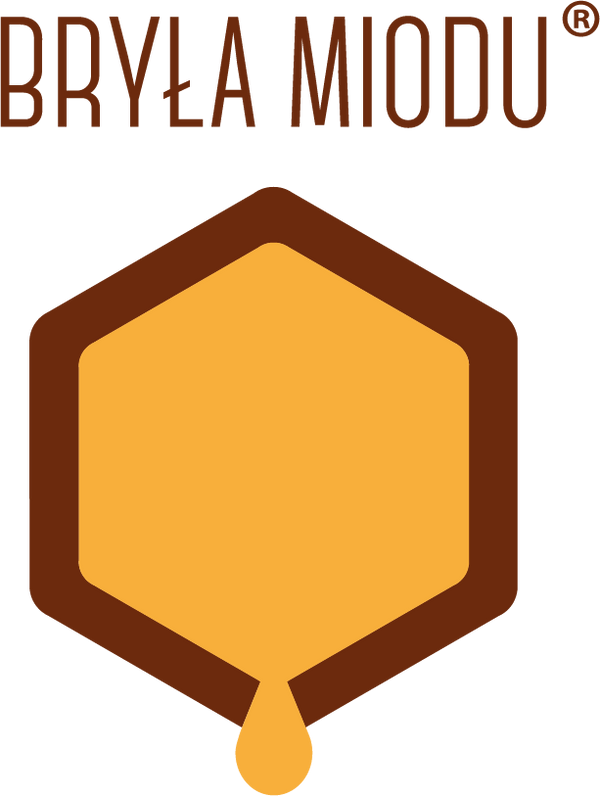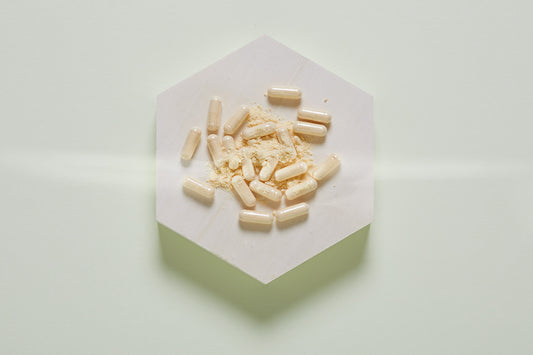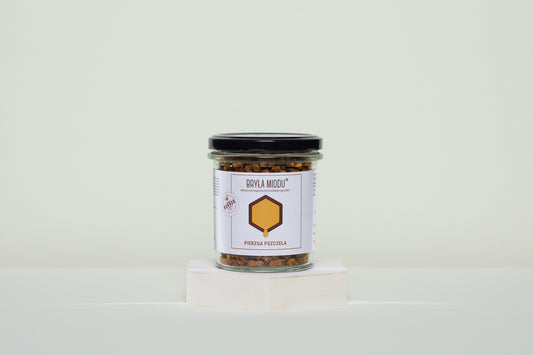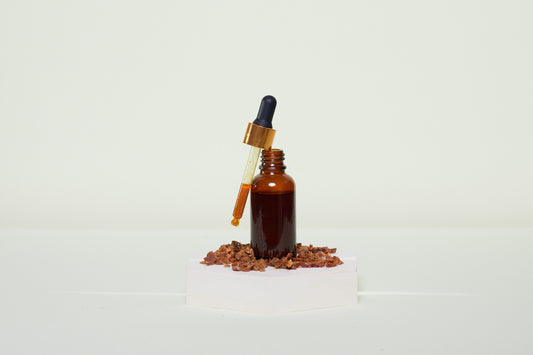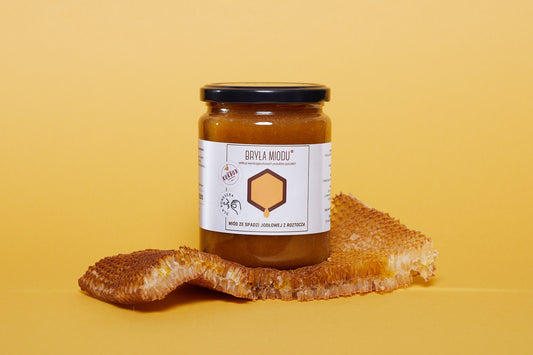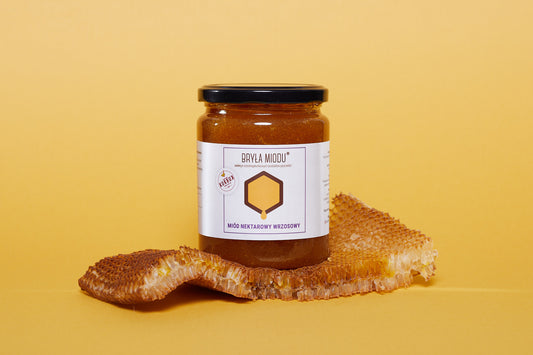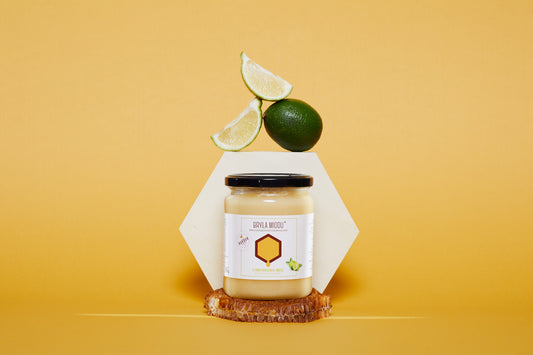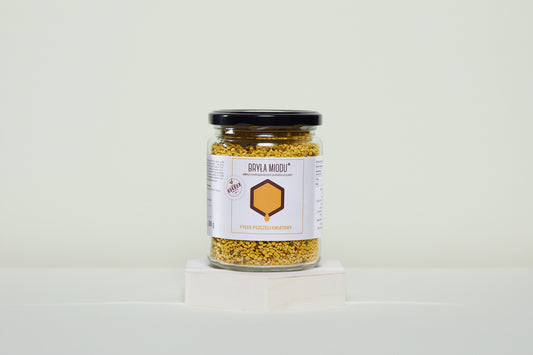Propolis is a substance obtained by bees from the resin accumulated on the buds and bark of trees. This natural bee product is not only an essential material for building hives, but also an agent with amazing health properties. Making an extract from it is one of the popular ways to use the benefits of propolis. By reading our article, you will learn more about propolis itself and the benefits of propolis tincture .
A few words about propolis
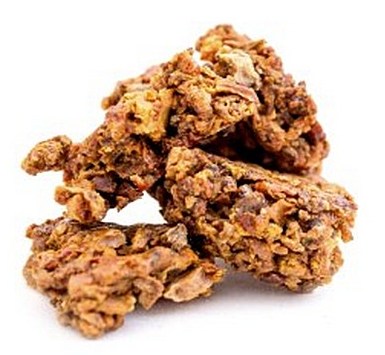
The topic of our article is propolis tincture, but we should first get acquainted with propolis itself, which is its key ingredient. Propolis is a natural product that is produced by the processing of plant resin by bees. Insects use this sticky, brown substance to seal hives and protect them against bacteria, fungi and other dangerous external factors. This health-promoting effect of propolis results from its rich chemical composition.
Chemical composition of propolis
Propolis is composed of various substances of plant origin and bee enzymes. Its composition may vary slightly depending on the plants that are available to insects, but it always includes the following most important ingredients:
- Plant resins - come from the buds of trees such as poplar, birch or conifers. They are rich in phenolic compounds that have antibacterial and anti-inflammatory properties. The composition of plant resins includes flavonoids, chalcones, caffeic acid and other bioactive compounds that contribute to the antibacterial effect of propolis.
- Bee waxes - help maintain the consistency of propolis and protect it from moisture. They are also a source of valuable fatty acids, including oleic acid and linoleic acid. Bee waxes have antibacterial and antioxidant properties.
- Essential oils - ingredients rich in various chemical compounds, such as terpenoids and phenols. Examples of oils are eugenol, pinene and borneol. Essential oils contribute to the antibacterial, antiviral and anti-inflammatory effects of propolis. They also give it a characteristic smell and taste.
- Flower pollen - a source of vitamins, minerals and amino acids. It also contains proteins, lipids and sugars.
- Protein substances - perform important functions in the hive, such as strengthening the structure of the comb or defending against intruders. Proteins may vary depending on the plants from which the resin is harvested.
- Enzymes - help bees with chemical processes such as converting nectar into honey and breaking down food for bee larvae.
Propolis may also contain other ingredients, such as sugars, organic acids (e.g. lactic acid and ascorbic acid), vitamins (e.g. vitamin C) and minerals (e.g. iron, magnesium, zinc).
Health-promoting effects of propolis
Propolis has been studied for its health benefits for many years. This is not due to pure scientific curiosity, but to the fact that many of the properties of propolis have already found practical application in medicine. Here are the most important ones:
- Antibacterial effect - flavonoids, phenols and terpenoids contained in propolis inhibit the growth of many types of bacteria, including those resistant to antibiotics. Compounds contained in propolis may disrupt the structure of bacterial cells and negatively affect their ability to multiply.
- Anti-inflammatory effect - propolis has the ability to reduce inflammation by inhibiting the secretion of cytokines and inflammatory mediators. Flavonoids and other compounds in propolis may reduce swelling, redness, and pain associated with inflammation.
- Antiviral effect - ongoing research confirms that propolis is effective in inhibiting the replication of some viruses, including herpes virus (HSV) and influenza virus (influenza). Compounds present in propolis can block the stages of viral infection and reduce its severity.
- Antiallergic effect - propolis helps relieve allergy symptoms because it contains compounds with antihistamine and anti-inflammatory properties. May reduce hay fever and itchy skin.
- Antioxidant effect - flavonoids, which propolis is rich in, help fight free radicals and prevent cell damage caused by oxidative stress. They act as a natural antioxidant, which may help protect the body against, among others: heart diseases and cancer.
It is worth noting that the effectiveness of propolis may vary and depends on many factors, including its chemical composition and dose. You should consult your doctor before using propolis for medicinal purposes, especially if you suffer from any diseases or allergies.
Propolis tincture and pure propolis. Comparison of properties
Propolis tincture is obtained by maceration of pure propolis in alcohol. This process allows you to isolate the active ingredients of propolis and obtain a liquid form of the product. The composition and concentration of active compounds in propolis tincture may vary, depending on the production method and the proportions used. This is what influences its effectiveness.
Propolis tincture inherits the antibacterial and antiviral properties of propolis. The compounds present in propolis still help fight infections of various origins and also have anti-inflammatory effects, which makes the tincture useful in the treatment of inflammation and viral and bacterial infections.
Pure propolis and propolis tincture have many common health properties , such as antibacterial, anti-inflammatory and antiviral properties. The differences between them may result mainly from the form and concentration of active ingredients. Pure propolis contains a whole range of natural substances, propolis tincture is a liquid form that may have different composition depending on the manufacturer. Therefore, it is a good idea to prepare propolis tincture yourself . We will write below how to do it.
Propolis tincture - our home recipe
Here is a short instruction on how to make propolis tincture yourself. To complete this task you need the following ingredients:
- about 20-30 g of propolis (can be purchased in our store ),
- 100 ml of spirit with high alcohol concentration (70-96%),
- closed jar,
- thick gauze.
Place pure propolis in the freezer for about an hour. Once frozen, it will be easier to grind. Then grind it using e.g. a coffee grinder. Pour the obtained powder into a jar and pour the prepared spirit over it. After mixing thoroughly, close the jar tightly and place it in a dark and cool place for 14 days, shaking the contents daily. The next step, after two weeks, is to strain the contents of the jar through gauze into a dark glass bottle.
Propolis tincture can now be used. You should store it in a dark, tight container in a cool place. If you want to use it as a dietary supplement, consult your doctor to determine the appropriate dose.
Advantages of propolis tincture
Propolis tincture offers many benefits to our health. Here are some of them:
- Propolis tincture is known to strengthen the immune system , which helps the body fight infections.
- It can be used as a gargle or throat spray to relieve pain and irritation.
- The tincture helps reduce the symptoms of colds , coughs and bronchitis.
- It can also be used on wounds and abrasions to accelerate the healing process.
- Applying the tincture helps reduce various types of inflammation in the body.
Propolis tincture - dosage and method of use
The dosage of propolis tincture may vary depending on individual needs and goals. Before starting to use it, it is worth consulting a doctor or a natural medicine specialist. However, it is usually recommended to take several to a dozen or so drops of the tincture a day , dissolved in a small amount of water or juice. It is important to follow dosage recommendations and not exceed the recommended amount.
Propolis tincture can also be used externally for cuts, burns and other skin problems. In case of any allergic reactions or unusual symptoms, discontinue treatment and consult a doctor.
Propolis tincture is a valuable natural remedy with many health benefits.
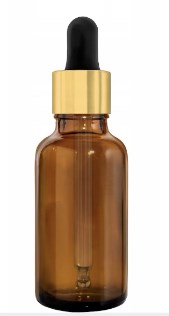
In our store you can buy ready-made propolis tincture in a 30 ml bottle with a convenient dropper.
